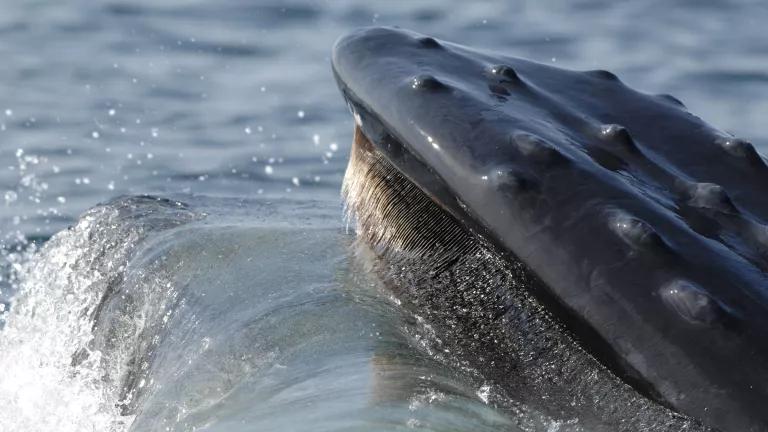There was a tentative settlement last week in the Clean Water Act lawsuit that the US government brought against BP for the 2010 Deepwater Horizon oil spill. The settlement is tentative in the sense that the parties have agreed but the judge in the lawsuit has to agree as well. You can read the Justice Department and BP press releases about the settlement.
Here are the outlines of the deal. BP will pay a civil penalty of $5.5 billion for Clean Water Act violations paid over a 15 year period. 80% of this, or $4.4 billion, will go to the RESTORE Act. So, In addition to the $0.8 billion from the Transocean settlement, the Gulf Restoration Trust Fund (established by the RESTORE Act) will have $5.2 billion total to distribute, but not all at once. According to the Justice Department, the $5.5 billion to be paid by BP is the largest civil penalty in the history of environmental law.
In addition, BP will pay $7.1 billion for natural resource damages, again paid over 15 year period. This is addition to the $1 billion that BP has already paid for "early restoration" projects. Another $0.7 billion will come from interest payments and additional charges, bringing the NRDA environmental restoration enterprise to $7.7 billion - a higher figure that the Clean Water Act penalties. Use of these funds will be subject to the decisions of the Natural Resources Trustee Council, not the RESTORE Council. Thus, the so-called NRDA money available will be more significant than the RESTORE money in terms of ecosystem restoration activities and there will be a greater role of federal agencies. From the settlement perspective, it is interesting to note that the NRDA claims were not yet in litigation; I am guessing that BP wanted a "global" deal that would put a cap on its liability for Clean Water Act and NRDA payments.
BP will also pay $5.9 billion to the 5 Gulf states for economic damages, including lost tax revenues. The US Government is not a party in that aspect of the settlement. I suspect that these funds will go to general revenues or to specific capital projects and programs in the state and not to address environmental or social issues relative to the Gulf.
Two odd things in the settlement have to do with the natural resource damages claims. First, the state and federal natural resource trustees never published a damage assessment that sets out their view of the damages incurred, the proposed restoration and the cost of restoration, and so we don't know how the settlement numbers were reached or whether those numbers are fair or not. Second, there is a fixed "reopener" clause that limits BP's future liability for currently-unknown natural resource damages to $232 million; from the natural resource trustees' perspective, you want to have a reopener clause that is unlimited in amount. We have no idea how the $232 million figure was reached.
One issue of concern is that these payments will be spread out over a 15 year period, potentially delaying the commencement of significant restoration projects in the Gulf. Why should BP get to hold onto this money (and earn interest on it) rather than have it placed now in the hands of governmental representatives where it can be used to help restore the Gulf sooner?
It's not possible to say whether the settlement amount is fair or not, particularly since a lot of the studies on the impacts of the BP oil disaster have not yet been publicly released, but instead have been held confidential pending future litigation. The proposed settlement is subject to public comment, and I hope that those studies are made available to the public so we can evaluate the adequacy of the full settlement.



